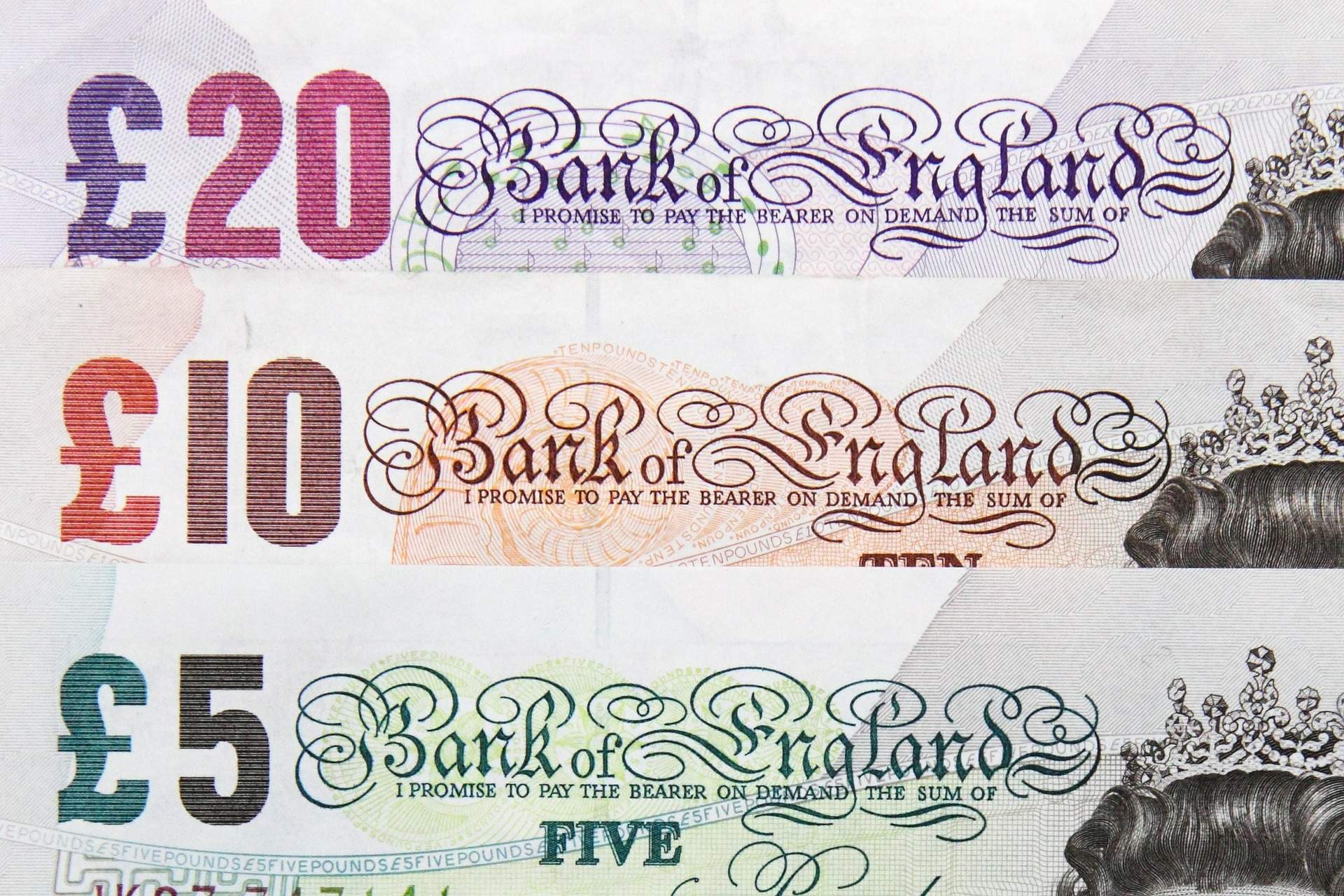
What is a commercial bank?
A commercial bank is one that offers services to businesses, facilitates business lending or commercial finance and lends money via different products.

Access deeper industry intelligence
Experience unmatched clarity with a single platform that combines unique data, AI, and human expertise.
A commercial bank can accept deposits, provide business loans, or offer basic investment products.
There are three types of commercial banks; public sector, private sector and foreign.
When a commercial bank lends to a customer it creates a credit facility that is in effect a customer deposit – this is known as credit creation.
Commercial banks accept various types of deposits on top of this, including saving account deposits, recurring account deposits and fixed deposits.

US Tariffs are shifting - will you react or anticipate?
Don’t let policy changes catch you off guard. Stay proactive with real-time data and expert analysis.
By GlobalDataCommercial banks provide different types of loans and advances of different forms, including overdrafts, cash credit, bill or invoice discounting and asset finance.
Commercial bank – secured loans
A secured loan is a loan where the lessee or borrower pledges an asset as security or collateral for the loan, which is then a secured debt owed to the bank who gives the loan.
This is the basic principle that underlines asset-based lending.
In the event of a default, the bank takes ownership of the asset used as collateral and can sell it to realise its value against the debt.
If this does not cover all of the debt then legal action can be taken against the defaulting person.
Commercial bank – unsecured loans
Unsecured loans are financial loans that are not secured against any of the borrower’s assets. These types of loans include loans to SMEs, credit cards and credit lines to large corporates.
These types of unsecured loans include: bank overdrafts, corporate bonds, credit card debts and credit facilities or lines of credit.
Commercial bank – regulations
Regulators like the Prudential Regulation Authority (PRA) and Financial Conduct Authority (FCA) oversee the operation of commercial banks in the UK.
This includes interactions with consumers, businesses, and making sure the bank has enough money to support itself in the form of capital requirements and liquidity.







